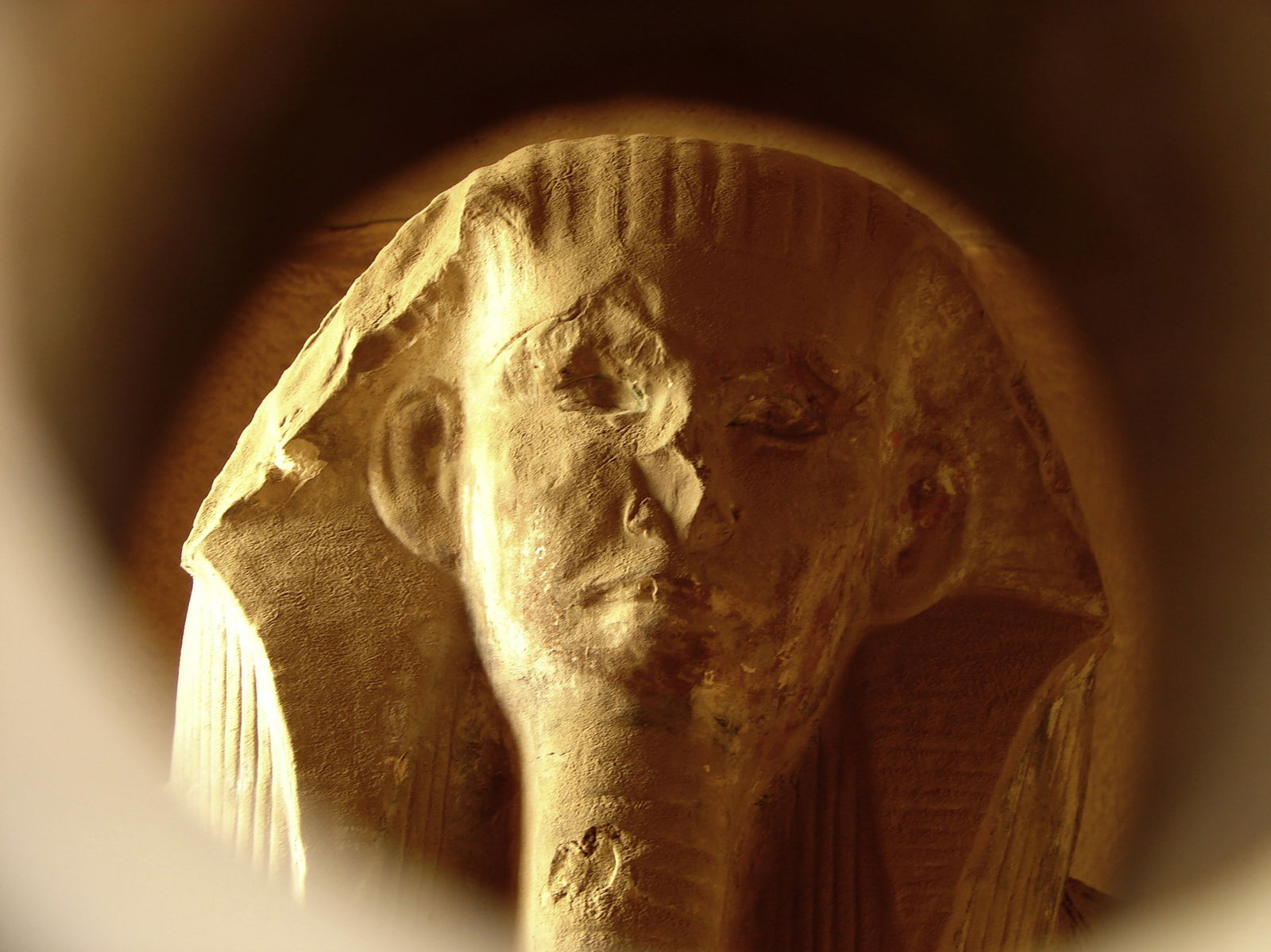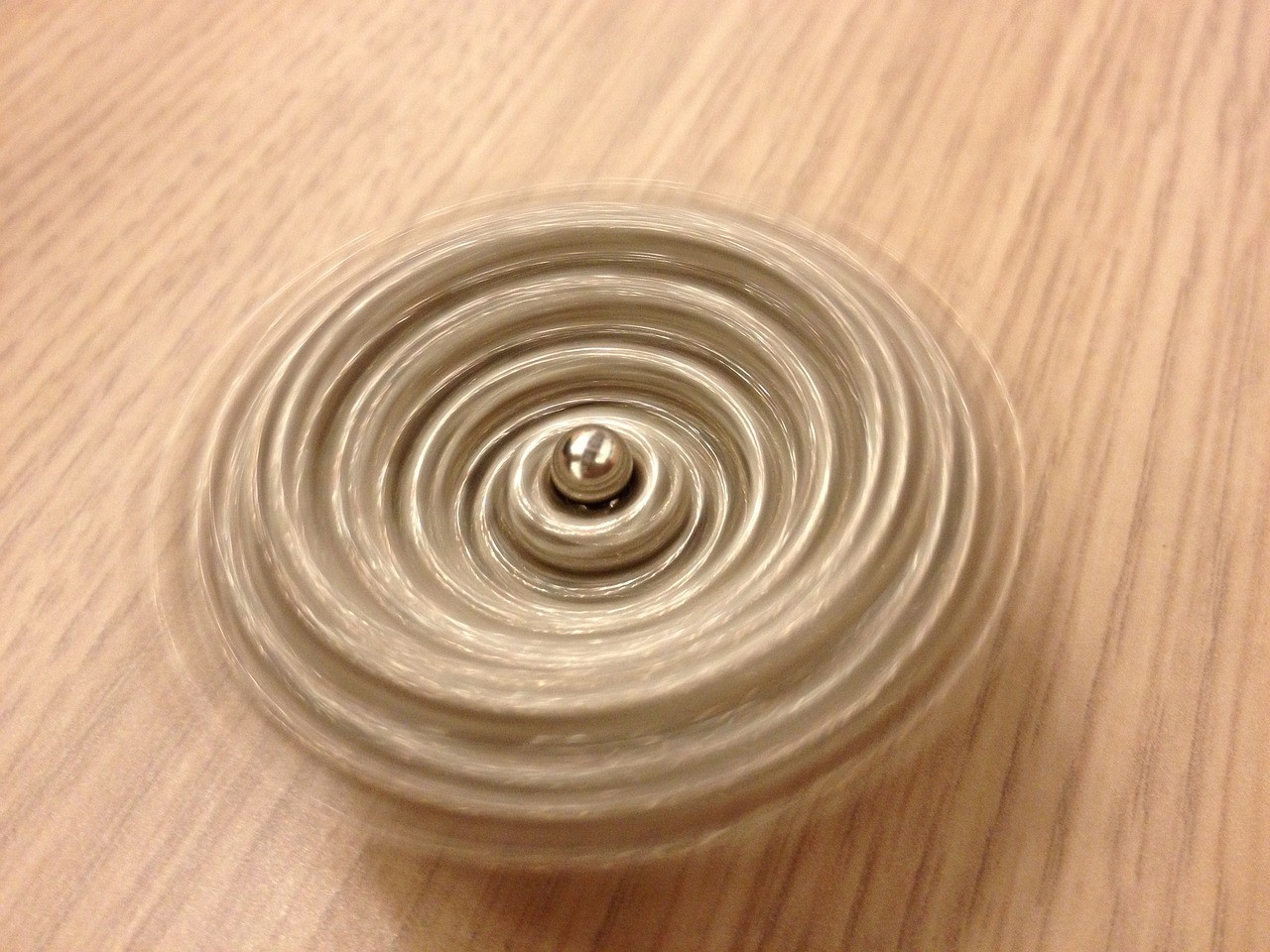In this case, the misunderstanding must be taken literally, because a translation error may have entered the English version of the text originally written by Newton in Latin, which no one had noticed for 300 years.
In 1687, Sir Isaac Newton presented his laws of motion, physical principles that greatly influence the understanding of the mechanics of the universe to this day. However, these laws were originally written in Latin.
Recently, Daniel Hooke, a philosopher at Virginia Tech, identified a possible mistranslation in the 1729 English edition of Newton's works that may have influenced the understanding of Newton's first law of motion for centuries. writes ScienceAlert. This law, known as the law of inertia, is often interpreted to mean that an object will either remain at rest or continue to move in a straight line unless acted upon by an external force. However, this interpretation does not necessarily fully express Newton's original intent.
Hook's analysis focuses on the phrase “quatenus”, which means “as long as” rather than “unless”. In Hungarian, this Latin word has been translated incorrectly. Although the difference may not seem significant at first glance, Newton's first law actually means that all changes in an object's momentum, including all thrusts, falls, rotations, and throws, are the result of external forces. Incidentally, this explanation was first noticed by two scientists in 1999, but it did not receive widespread attention at the time.
Hooke's findings, published in a 2022 paper, call for a fundamental principle of physics to be restored to its original meaning. However, it was difficult to gain acceptance of this new interpretation due to the traditional understanding of the law that had been entrenched over the centuries. Some scholars still find Hooke's reading “unusual,” but others believe it is clearly the correct reading.
By his own admission, Hooke's analysis does not turn physics on its head, but it expresses Newton's ideas more clearly. The big question is why Newton wrote a law about objects devoid of external forces at all, when such conditions do not exist in our universe, since gravity and friction exist everywhere. This view is supported by George Smith, a philosopher at Tufts University and an expert on Newton's writings, who believes that the purpose of the first law is to infer the existence of forces acting on the body. Newton himself gave examples of all of this, such as the slowing down of rotational speed due to air friction, to show how the first law applies to real, accelerating bodies affected by various physical forces.
(Image: Pixabay/Why cheese?)
























![The Italian Souls clone has been delayed, but is coming to multiple consoles [VIDEO]](https://thegeek.hu/wp-content/uploads/sites/2/2024/05/thegeek-Enotria-The-Last-Song-1.jpg)



















